Our projects include:

COMPutationalSeniors: Enhancing Low Qualified Adults Inclusion through Computational Thinking, Erasmus+ project 2024 – 2026. The project develops digital skills of older adults, aiming to close the digital divide and to ensure the active engagement of seniors in the digital society and economy.
EAIEN
EAIEN: EchoAI Edunetwork Initiative, Erasmus+ project 2024 – 2026. The project develops capacity of secondary education schools to use AI in learning contexts. This is achieved by developed cases and learning materials that integrate AI in daily educational practices.
CyberFort
CyberFort: Empowering VET Systems and SMEs for Future Cyber Challenges, Capacity Building in Vocational Education project 2024 – 2027. This is a Capacity Building in Higher Education project implemented in the Western Balkans and aiming to develop student and educator familiarity with cybersecurity principles and practices.
ReachOut
ReachOut: Empowering Teachers to Become Trauma-Sensitive Schools, Erasmus+ project 2024-2026. The project develops secondary school preparedness to address trauma introduced by natural disasters. The project considers phychology principles to develop learning content for students and supporting material for teachers.
BuildAsNature
BuildAsNature: Serious Games for Building Resilience Through Nature-Based Solutions, Erasmus+ project 2024 – 2026. The project develops a digital learning game that exposes higher education students to nature-based-solutions, namely solutions for environmental protection and sustainability inspired by natural processes.
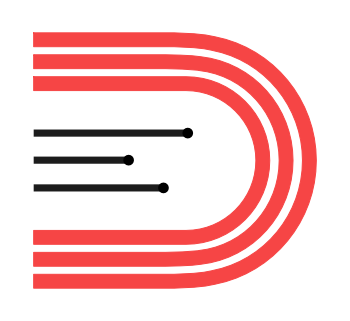
DACEM: Digitizing Academic Catalogogies for Enhanced Mobility aims to support student mobility in Europe by developing and interactive and engaging digital catalogue of courses offered by several European universities.

Let’s Mimic: The project introduces VET students and educators to innovative design based on biomimicry, an approach that takes inspiration from nature to address diverse problems and enterpreneurship challenges. It develops a self-regulated learning kit, training modules, educator support material, a digital learning platform based on biomimicry steps, and digital learning content addressing student teams. It runs from 2023 to 2026..

C-Tour: Circular Mindset for Sustainable Small Tourism, Erasmus+ project 2022-2024. The project promoted the circular economy in small tourism. It developed cases, digital learning content, and inspirational videos that demonstrate good circular practices in tourism throughout Europe.

DigitCreshe: Digital Transformation of Creative Sectors in Higher Education, Capacity Building in Higher Education Erasmus+ project, Western Balkans, 2022 – 2025. The project developed learning materials for students and educators in the creative industries, including film, photography, games, printing, designing, drawing, painting, typography, and more, for building innovation capacity in the sector in the Western Balkans.
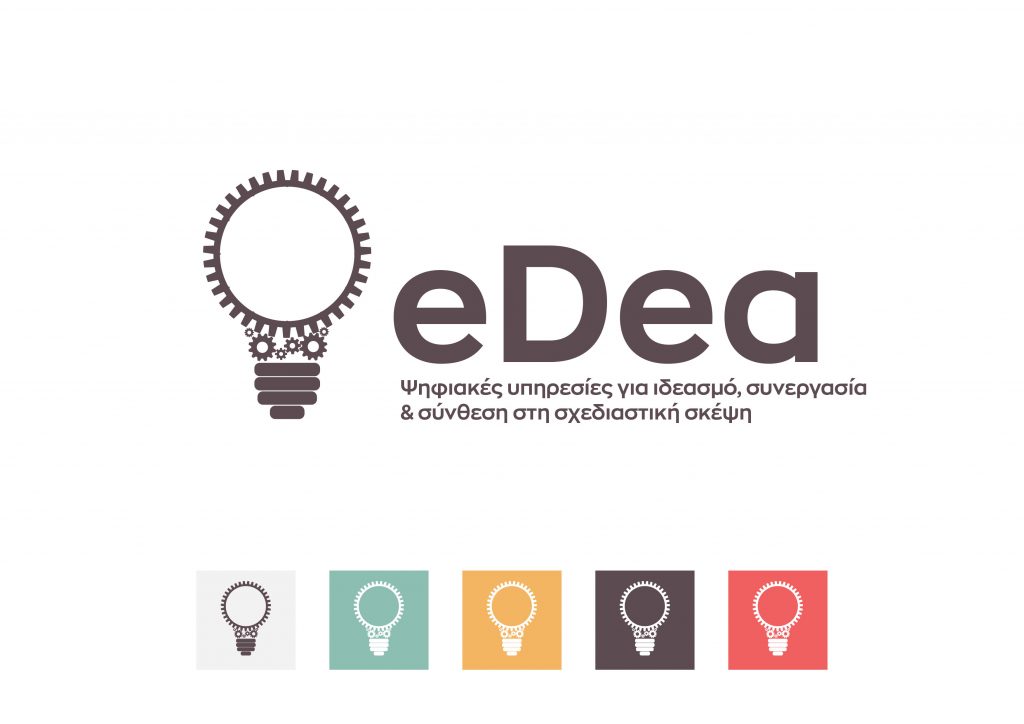
eDea: Ψηφιακές υπηρεσίες για ιδεασμό, συνεργασία, και σύνθεση στη σχεδιαστική σκέψη, Ερευνώ-Δημιουργώ-Καινοτομώ, 2021-2024. The project developed digital learning services for promoting innovative thinking among professional as well as student teams. It developed a rich collection of cases based on entrepreneurship and social entrepreneurship for promoting creativity in teams and introducing solutions to modern challenges.
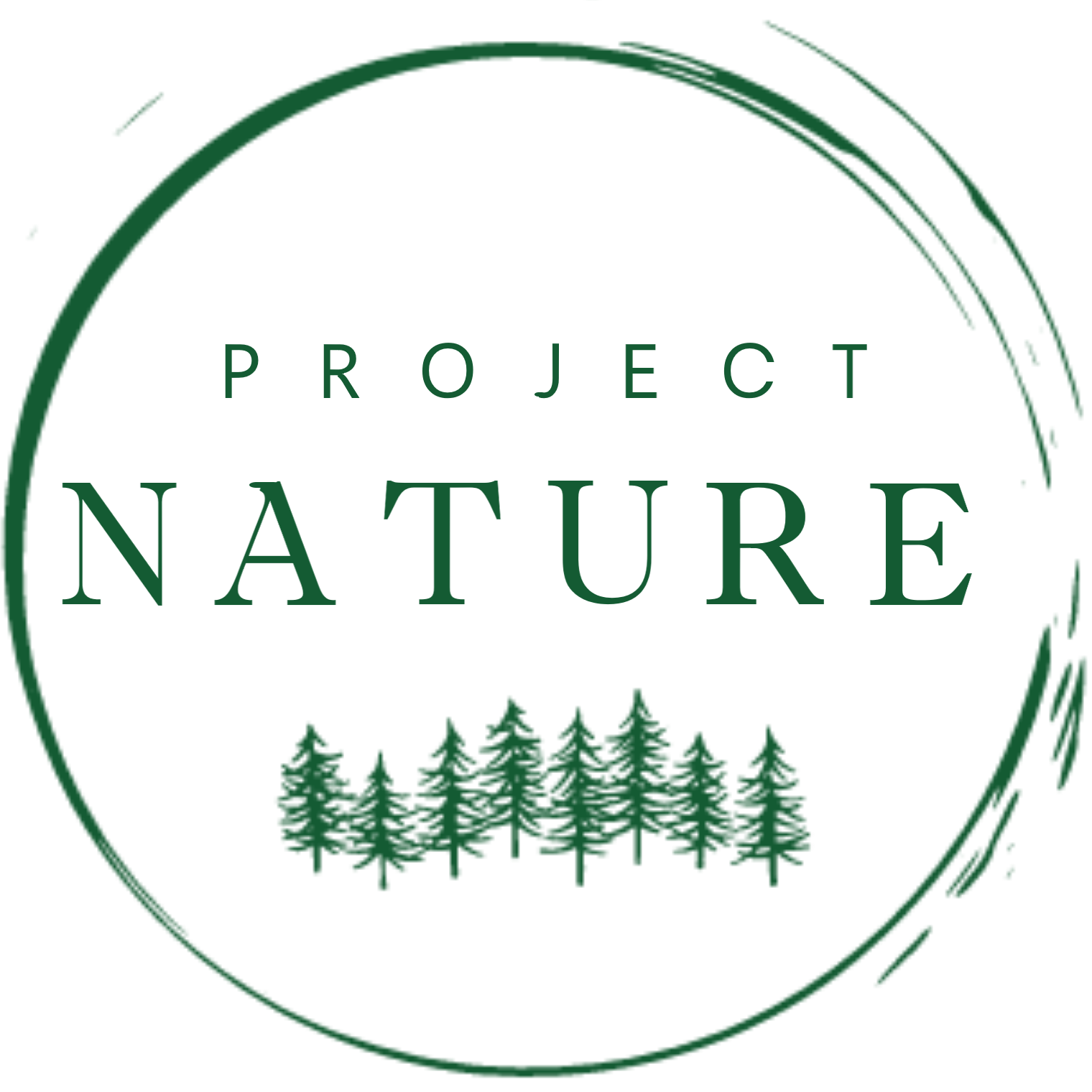
The responsible management of natural resources, including land, water, air, minerals, and forests, is critical in the 21st century, having a direct impact on the preservation of the natural environment and the quality of life of present and future generations. It creates a balance between social, economic, and environmental factors. It leads to the well-being of people and communities, the preservation of jobs, and the protection of ecosystems. Project Nature is funded by the Erasmus+ program and runs from 2022 to 2024. The project aims at developing a serious game that builds awareness, knowledge, practical skills on the responsible management of natural resources, ecosystems, and biodiversity. Thhe project develops a digital learning game with scenarios related to responsible natural resources management. The game supports map creation with different biomes, plant, and animal species for rich scenarios inspired by real-life.
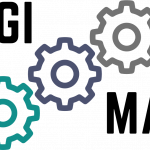
DigiMat is an Erasmus+ project that runs from 2022 to 2024. The project aims at developing smart solutions to connect process data and materials characteristics to achieve a new generation of cast iron materials for the automotive sector. The main target is to develop lighter components with improved mechanical properties and machinability characteristics.
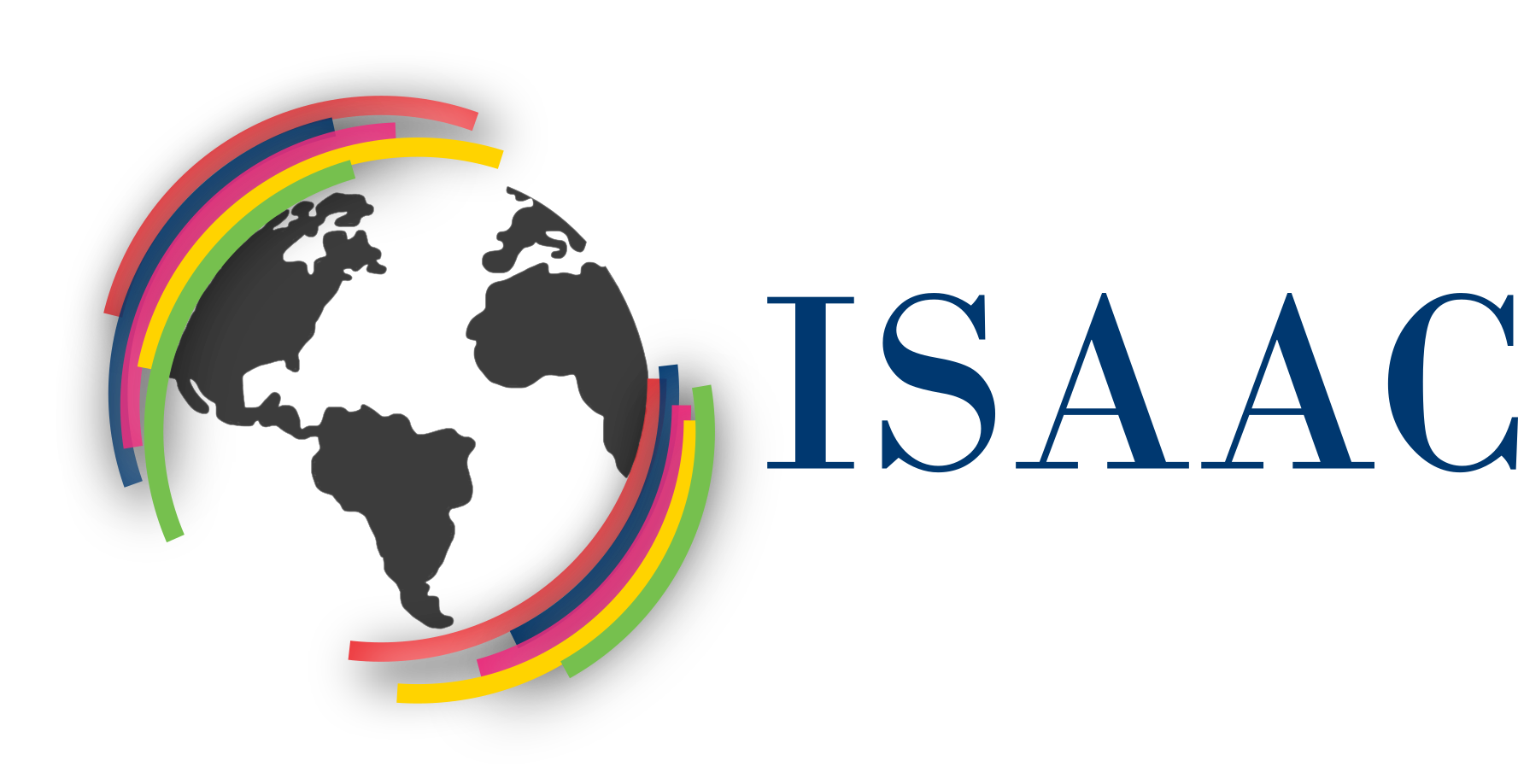
ISAAC is an Erasmus+ project that runs from 2020 to 2022. The project aims to recognize the problems that international students face in the context of mobilities and to design interventions that allow students to adapt in an international environment.
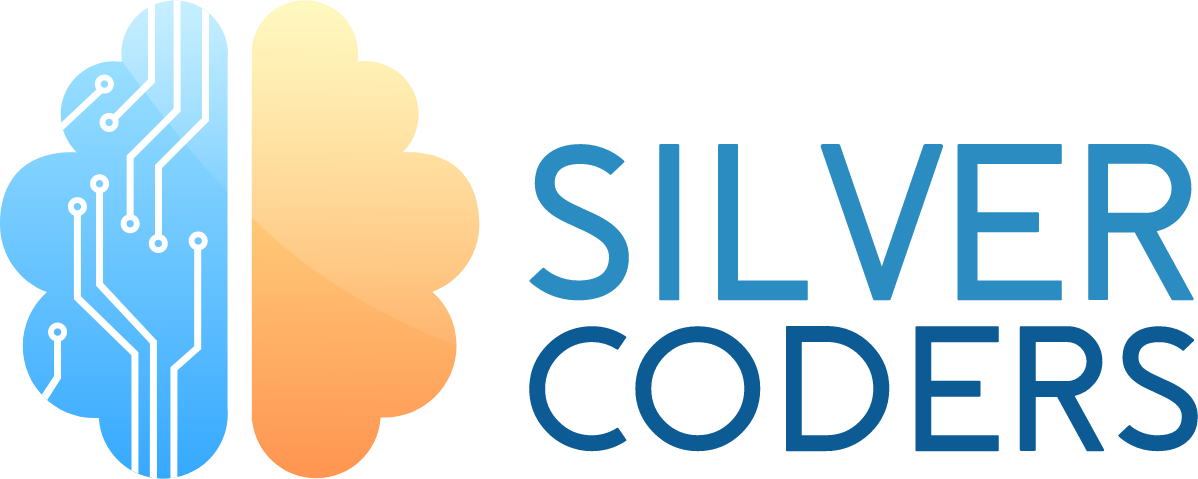
SilverCoders is an Erasmus+ project that runs from 2021 to 2023. The project aims to build digital skills of senior citizens. More specifically the project aims to expose senior citizens to programming as a means of maintaining the cognitive capacity and empowering them to stay active in their communities.
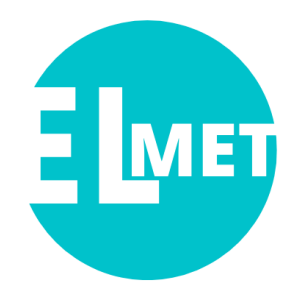
ELMET is an Erasmus+ project that runs from 2020 to 2022. The project has developed a learning intervention based on gamification and escape rooms to address the needs of vulnerable individuals, including both employed and unemployed individuals. Gamification principles encouraged motivation and long-term engagement with learning. The project developed six escape rooms in which students solved puzzles to build knowledge on diverse themes in formal and informal learning activities.

TEAMSTAR is an Erasmus+ project that runs from 2020 to 2022. The project aims to build entrepreneurial and STEM skills in school education. The project builds critical thinking among learners while it also reinforces educator networks for the exchange of good practices.
Take it SERIOUS
TakeItSerious is an Erasmus+ project that runs from 2020 to 2022. The project aims to develop serious games that build disaster management capacity among school educators for more effectively acting and protecting their students in natural disasters.
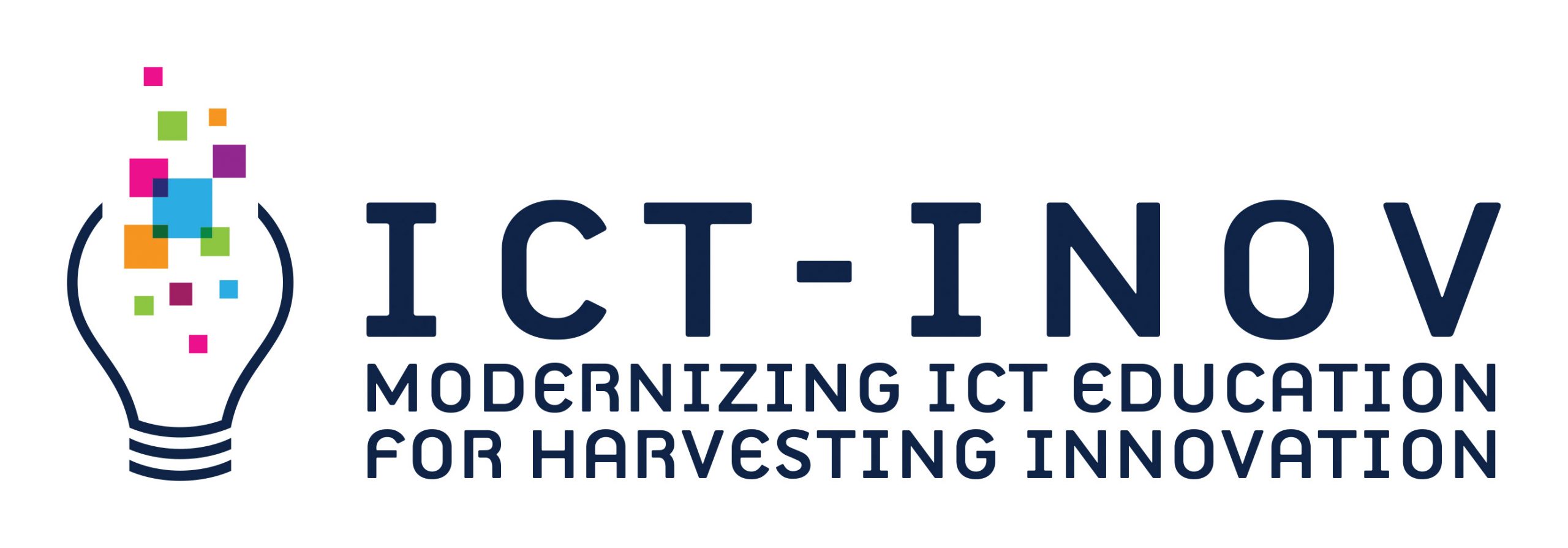
ICT-INOV, funded by the Capacity Building in Higher Education Erasmus+ program, aims to modernize ICT higher education for promoting the innovation skills of students in Europe and Asia. It is a Capacity Building in Higher Education Erasmus+ project that runs from 2021 to 2024. The project builds the capacity of students to turn ideas into action. It is a collaboration between European and Asian universities and is implemented in Greece, Estonia, Portugal, Italy, Malaysia, Nepal, Pakistan, and Vietnam.

INCLUDEME, Inclusive Digital Environments to Enable High-quality Education for Disadvantaged and Disabled Learners, is an Erasmus+ project that runs from 2020 to 2022. to nurture and implement inclusive education practices across educational, economic, social, and cultural contexts, by infusing digital innovation in customizable, user-centred learning environments and by employing the capabilities and facilities provided through accessible information technologies and gaming approaches, and thus construct novel approached and experiences that engage, motivate and increase the performance of disadvantaged and disabled learners. The project advocates for an informed society, aiming to leverage access to information and knowledge, in order to support the initiation and consolidation of common inclusion values.
Design4Climate
Design4Climate, funded by the Erasmus+ program, aims to build the capacity of vocational education students to address climate change and to apply zero waste principles through innovative design.
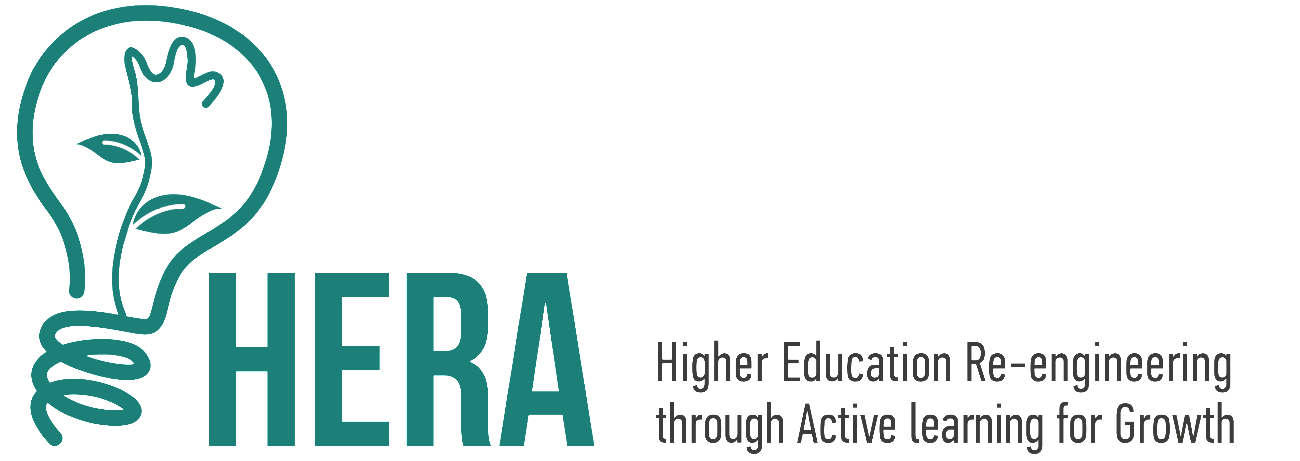
HERA, funded by the Erasmus+ program, addresses the interdisciplinary needs of HE in the fields of engineering and economics by making available modern educational offerings that help build the required high-order problem-solving skills for addressing emerging societal and industry challenges through innovative technology and business processes. HERA deploys active to expose HE students to complex challenges, the solution to which requires the integration of interdisciplinary knowledge in engineering and economics in a manner that emulates real-world problem-solving processes. Furthermore, the project aims to build high-order thinking skills such as non-routine problem-solving, communication, independent learning capacity, entrepreneurial thinking, ability to evaluate information, ability to integrate diverse knowledge, ability to present solutions, and more. The project develops a serious game that exposes students to non-trivial challenges inspired by the real world, the solution to which is best addressed through problem-solving methodologies and the combination of knowledge from diverse fields.
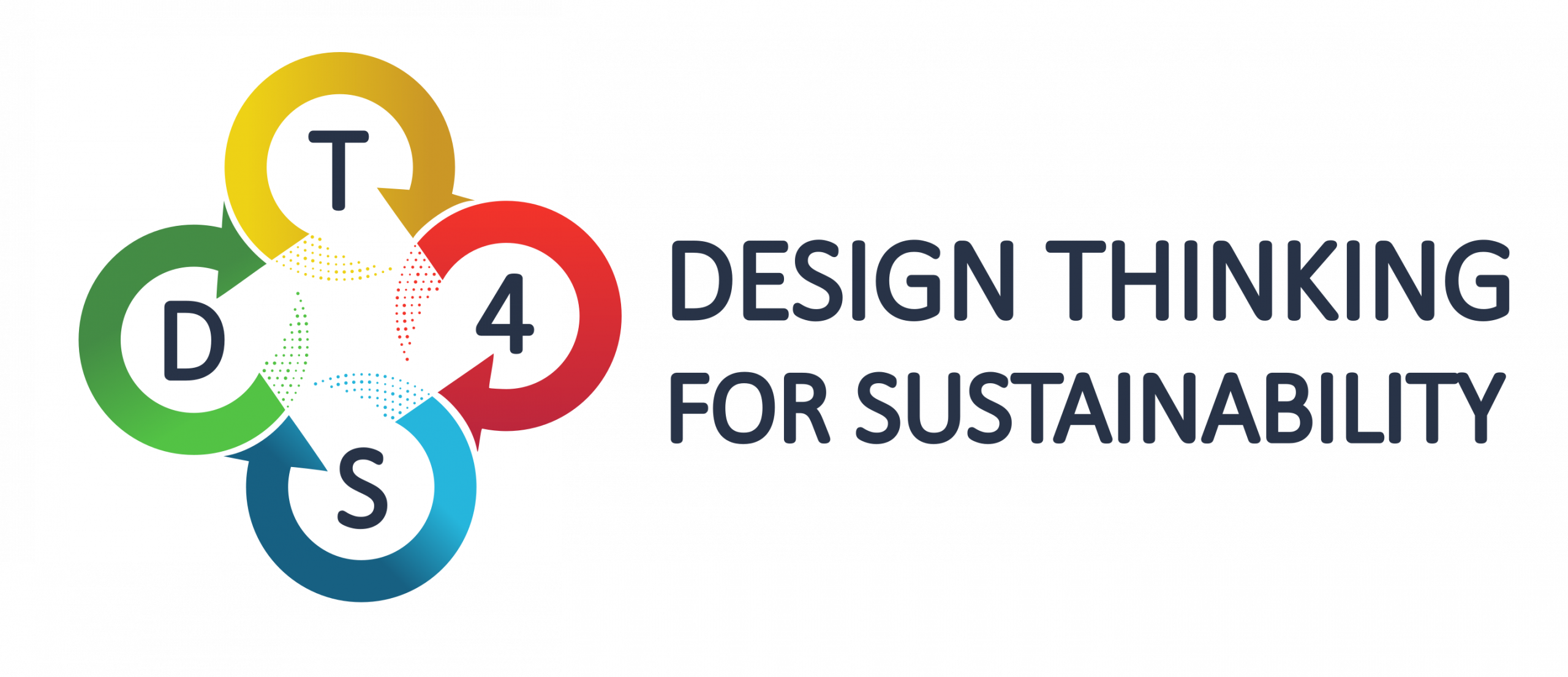
DT4S, funded by the Erasmus+ project aims at building sustainability skills among secondary education students to address sustainability challenges, such as the UN sustainability goals. The project developed a digital learning platform and digital learning content for building the capacity of VET students to introduce innovative solutions that respect sustainability in work contexts.
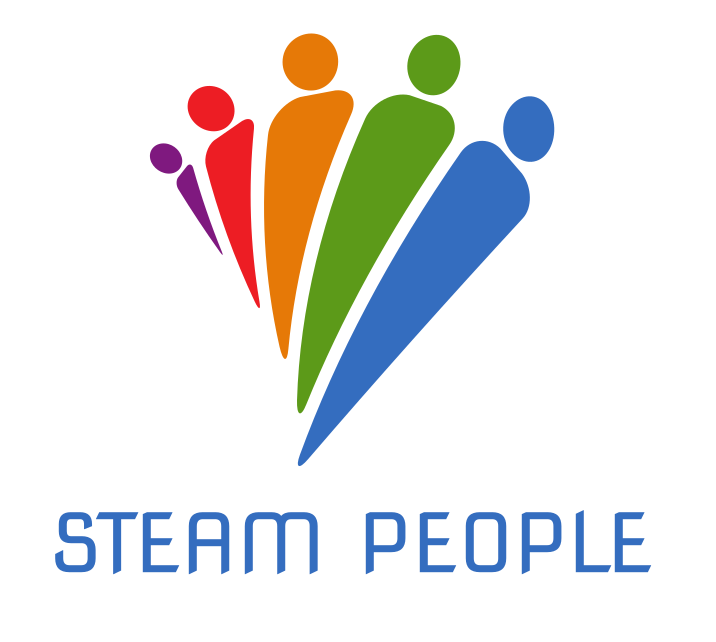
STEAMPEOPLE aims at building STEAM (Science, Technology, Mathematics, and Art) skills among adults through an on-line platform and approachable learning activities that can be solved by anyone, demonstrating that STEAM is relevant in everyday life. The STEAMPEOPLE platforms runs over the internet as well as mobile devices.
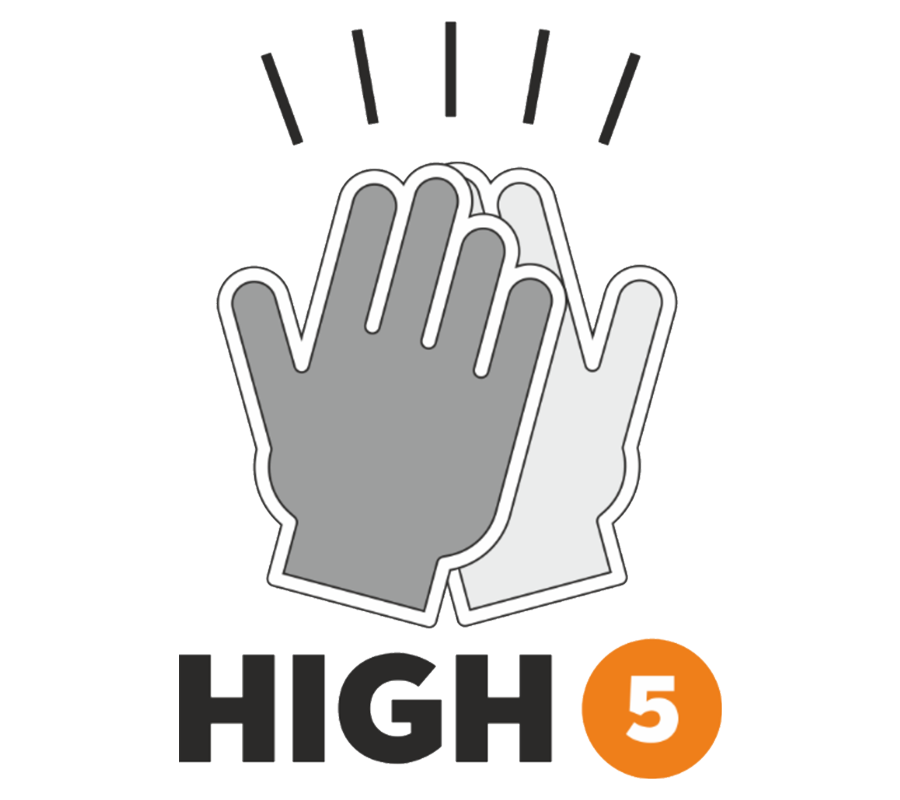
High5, funded by the Erasmus+ program, aims to train higher education instructors as well as students on integrated learning design for building problem-solving skills. The project introduced an integrated transdisciplinary learning design based on problem-based learning and design thinking principles published through a Moodle platform. Material was used by students in diverse European learning contexts.

Erasmus+ project Coding4girls aims to build programming skills among learners 10 to 15 with a particular focus on build skills among girls, who are underrepresented in programming jobs. The project develops a digital platform with services for educators and students. Educators can use a simple web based interface for structuring programming activities that are then automatically integrated into a student 3D digital programming environment. Through this environment students get exposed to minigames that demonstrate programming concepts and can program a solution to a problem through the Snap! platform, which is also integrated.

LEAP, funded by the Erasmus+ Programme, aims at building experience and knowledge among higher education students on emerging lean and agile industry practices empowering them to effectively transition into the professional world, focusing on engineering disciplines. LEAP deploys serious games that encourage learners to adopt industry roles, to think critically for addressing community and societal needs through agile engineering solutions, to practice on the application of industrial process management in the context of their higher education curricula, and to take into account environmental responsibility issues in service design and implementation.

Project ALIEN, Active Learning in Engineering Education, is a Capacity Building in Higher Education project funded by the Erasmus+ Programme. The project aims at promoting Problem-Based Learning approaches in Engineering, is an international project with partners from countries that include Greece, Portugal, the United Kingdom, Estonia, Pakistan, Vietnam, Malaysia, Cambodia, and Nepal. The project develops an appropriate approach to Problem-Based Learning, which offers direct benefits to Engineering Education, adapted to the needs of educational institutions in countries where the consortium has partners. The Problem-Based Learning approach will be supported through fully developed and operational labs that will be installed at partner sites in Pakistan, Vietnam, Malaysia, Cambodia, and Nepal and will be supported by well trained staff.
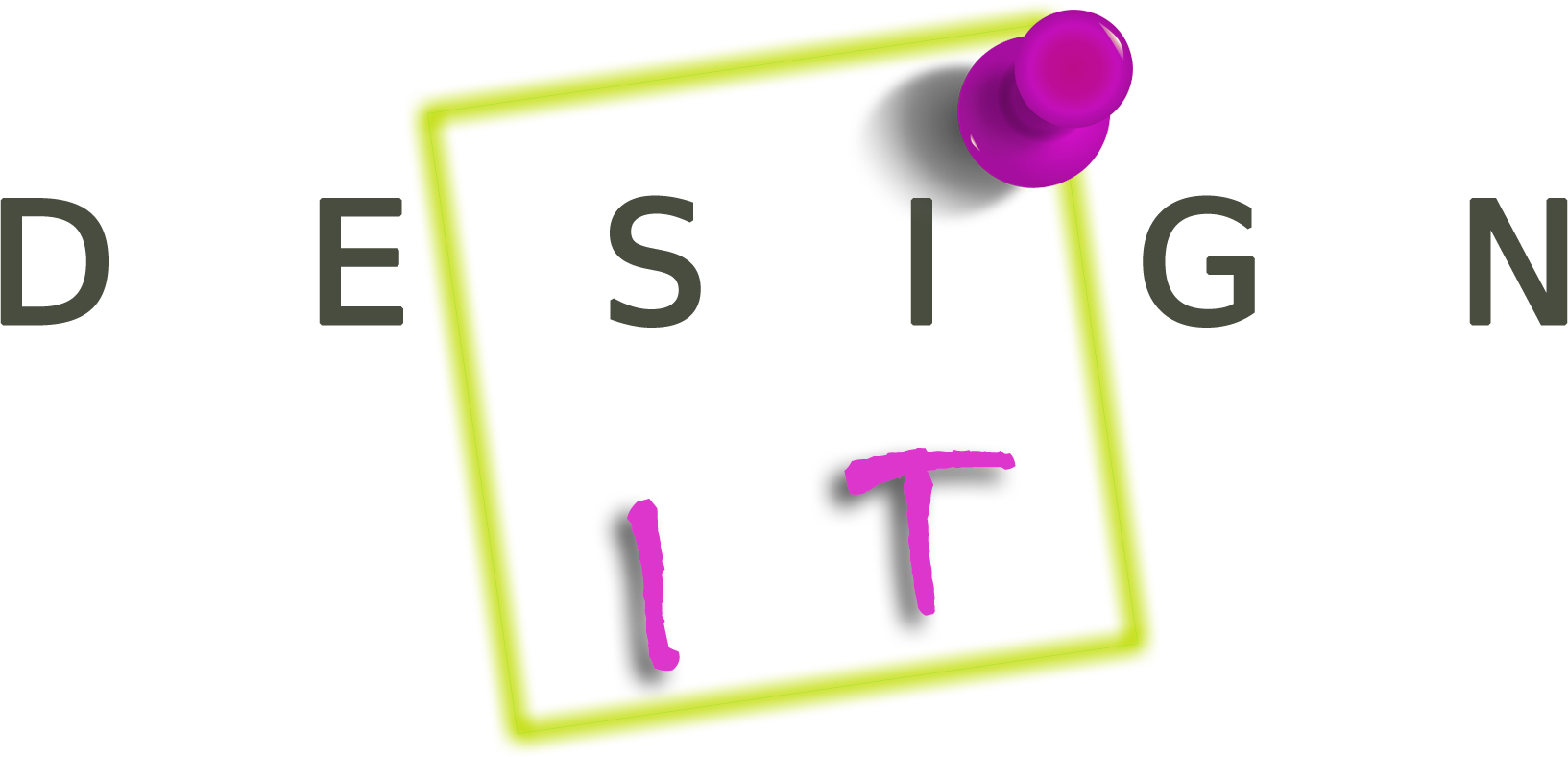
Project DesignIT, funded by the Erasmus+ Programme, supports and promotes creativity. DesignIT helps learners and users in general to execute and collect contextual data, analyse it and keep engagement alive through the gamified features. The project solution can be used in mobile devices to allow smooth contextual data gathering. It is especially suitable for project work where teams are solving wicked problems and need to be creative.
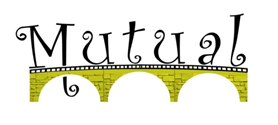
Project Mutual, funded by the Erasmus+ Programme, aims to create an educational atmosphere that students from all backgrounds will love being around. The project’s training programs are intended to empower teachers to encourage students to tackle challenges and take on experiences that may be new to them. At MUTUAL project, the consortium is striving to make learning fun and dynamic so that all students can accomplish their goals.

Project ADLES, funded by the Erasmus+ Programme, aims at promoting problem based learning in secondary education through ICT tools (Serious games, interactive simulations, virtual communication platforms, etc). The project creates Active Digital Learning Environments (ADLE) where the new technologically-savvy students feel comfortable and are motivated to be active.

Project EMPLOY, funded by the Erasmus+ Programme of the European Commission, aims at building digital skills among higher education students aimed for promoting their employability and well being. The project has developed a serious game that allows learners to build a set of digital competencies as well as problem solving and analytical thinking skills in an environment inspired by the workplace.
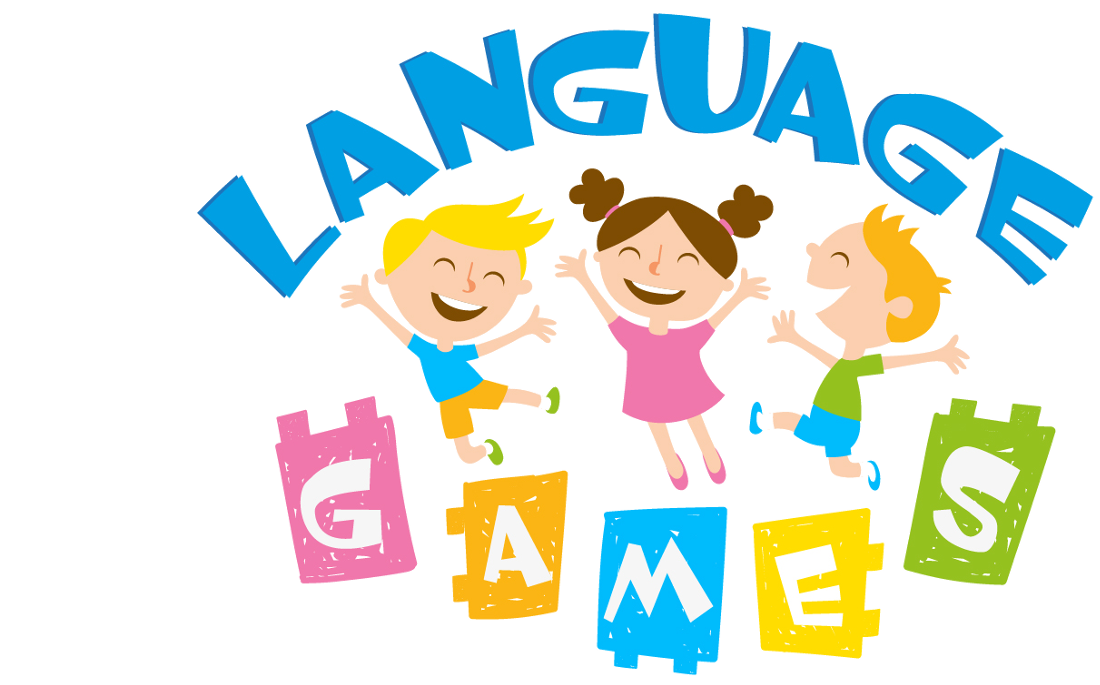
Language Games is an Erasmus+ project which aims to develop multilingualism skills in early childhood education. The project exploits using serious games for active learning which is pitched at the appropriate development level of young learners. Language Games immerses learners in a range of learning activities that are based on both school and real-life.

The SEGAN (Serious Games Network) project, funded by the Life Long Learning Programme of the European Commission, aims at building a network of 13 organizations that focus on the design, development, and promotion of serious games as learning tools. The project developed a community that addresses educators, developers, and researchers. The community publishes tips to instructors on how to get the most value out of serious games, it provides links to educational games, it promotes collaboration in the serious games research community, it provides tips to developers on building serious games, and more.
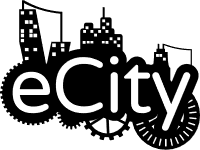
eCity project, funded by the Life Long Learning Programme of the European Commission, aims at developing STEM skills among secondary education students through explorative and active learning approaches. The project developed a game in which learners were asked to combine knowledge from diverse fields towards solving non trivial issues. Example scenarios include bringing electricity to a city, developing an internet network, protecting a city from earthquakes, and more.
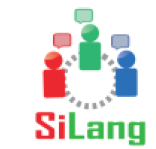
The siLang project, funded by the Life Long Learning Programme of the European Commission, aims at building the skills of professionals in deploying commonly understood vehicular languages as work tools. The project demonstrates how commonly understood languages, such as English are used in different ways by individuals with different cultural backgrounds who introduced transfer effects from their mother tongue as well as communication elements influenced by their culture into communication.

The TALETE project, funded by the Life Long Learning Programme of the European Commission, aims at building math skills among secondary education students through interactive serious games that are based on school curricula in European countries. The project developed a serious game with diverse exercises in math and geometry.

LINC developed early and continuous interventions and a holistic, inclusive ESL prevention approach that starts in primary school and follows learners through lower secondary education. The intervention targets the school community as a whole strengthening the social networks that can support children achieve excellence in learning. LINC supports teachers, learners, and parents to prevent ESL well before it becomes a visible risk for particular students. The project developed a digital community that aimed to strengthen school community ties towards preventing early school leaving. The community is inclusive and targets learners, teachers, parents, and the learners’ extended families. The purpose of the community is to provide a communication platform as suggested activities to be implemented jointly by parents and learners beyond the classroom aiming to strengthen ties and parents involvement in their children’s’ learning.
Communication, Empowerment, Integration, Experience for Senior Citizens
The project, which was funded by the Life Long Learning Programme of the European Commission, aimed at facilitating the exchange of seniors as volunteers between Greece and Lithuania. Two teams of volunteers were selected and exchanged in a mobility programme for a period of 3 weeks. The volunteers worked on projects that benefitted the local communities in the location were they were accepted.

The cMinds project, funded by the Life Long Learning Programme of the European Commission, deploys visual programming as a means for building analytical and critical thinking skills among young children in primary education. The project exploits the structured nature of programming for empowering learners to synthesize solutions to logical puzzles. The projec has developed serious games through which children can program solutions to given problems by dragging and dropping visual programming commands.

The EnvKids project, funded by the Life Long Learning Programme of hte European Commission, aims at building environmental awareness among primary school children. The project developed two learning games: one on designing an environmentally friendly house and adopting environmentally friendly behavior for reducing energy consumption; and a second game on building an green city, where energy needs are covered as much as possible from renewable energy resources.
The iLike project, funded by the Life Long Learning Programme of the European Commission, aims at building a language learning tool through mobile devices. The project developed an interactive mobile service through which students may respond to language exercise related to vocabulary or grammar. The teacher may further have access to student responses and related statistics.
The iQVet project, funded by the Life Long Learning Programme of the European Commission, developed a mobile student response system service. Through the service students may respond to questions or small tests built by the teacher. The tool aims to help instructors adapt their teaching to student needs by having real-time information through quizzes delivered in the classroom on mobile devices on how well students understand class content, thus being in a position to make necessary adaptations in real-time to better address student needs.
The iQSim project, funded by the Life Long Learning Programme of the European Commission, developed a simulation as a teaching tool for training welders on specific welding techniques. For our group, this is an important project as it marks the transition into serious games. The idea of the project is to use digital tools for early training of professionals for a number of reasons that include safety as well as educational cost containment through the deployment of virtual, as opposed to physical, training tools before actually trying welding techniques in the real world.
AvdMerge
AVD-Merge, which was funded by the Life Long Learning Programme of the European Commission, involved the development of new pedagogical frameworks, a knowledge base of organized expert and collective end user knowledge on best practices, technical advise, and didactical methodologies, and eLearning programs targeting teaching staff on the effective integration of AVD communication in the teaching process. The project results targeted the needs of both teachers and students, who were the ultimate beneficiaries of effective teaching strategies.
GLOBAL MAT, funded by the Life Long Learning Programme of the European Commission, aimed to validate a new competence transfer model, a new measurable quality assurance system, and a new pedagogical principle for organising, delivering, and deploying effective production technology transfer within and between companies, as well as towards VET schools. GLOBAL MAT established new model(s) for delivering in-company skills development processes that significantly reduces the costs related to technology transfer and enhances production competence know-how transfer between the companies involved. The basis for such a framework was an extension of the existing formalised educational system and the non-formalized know-how experienced in companies, through an innovative mixing of: (i) new virtual blended learning environments utilizing educational video content delivery (ii) state of the art principles for learning design and learning activities (iii) coordinated active feedback of knowledge exchange for peer-to-peer corrective actions in direct production through videoconferencing/video streaming technologies, i.e. virtual mobility create new synergies for cost- and time efficient in-company training practices.

The MECCA project, funded by the Life Long Learning Programme of the European Commission, aimed at validating a new pedagogical principle for organizing and delivering in-company skills development, by establishing new model(s) for delivering more cost- and time-efficient in-company adapted mixed (blended) learning and training that create new synergies for effective and pedagogical inclusion of state of the art high quality real time visual collaboration and communication tools into current training principles. The basis for such a framework was an innovative train the trainer program facilitating virtual mobility in companies and VET schools, by enhancing presence at a distance for instructors, trainers, and staff. The blended virtual learning environment emphasized pedagogical use and inclusion of new crucial support services like structured and targeted training of trainers, pedagogical mentoring, stage management support, mediation of competence, etc.
The WELDSPREAD project, funded by the Life Long Learning Programme of the European Commission, aimed at developing digitally enabled curricula for the welding sector that could lead to the accreditation of skills developed informally at work.
Statistical Reasoning at European Schools
EarlyStatistics, funded by the Life Long Learning Programme of the European Commission, aimed to enhance statistics instruction in European schools by harnessing the power of the Internet to provide teachers with access to a wide array of colleagues, discussions, and resources eluding them in their workplace. The project consortium developed and pilot tested an online professional development course in statistics education targeting elementary and middle school mathematics teachers around Europe. The course facilitates intercultural collaboration of teachers using contemporary technological tools and resources. An online information base offers access to standards-based pedagogical models, didactic approaches, and instructional materials, resulting in a complete and flexible teacher professional development program.
The NS-eCMS project, funded by the Minerva Socrates Programme of the European Commission, focused on the design and development of an open web-based content management, communication, and collaboration eLearning platform that addressed the specialized requirements for distance education in natural sciences. Media rich content management was achieved through a federated architecture enabling straightforward development, exchange, and publication using international standards, specifically MathML and XML. The infrastructure supported the integration of mathematical tools for the execution of computations.

eCMS, funded by the Minerva Socrates Programme of the European Commission, developed a Content Management System for the Support of eLearning. The core of the system was an open middleware architecture for the publication, discovery, retrieval, and integration of educational material. The system provided a hosting platform and services for the publication of educational material by institutions that do not offer organized eLearning programs. Furthermore, it provided support for the integration of existing educational repositories. Thus, the final prototype had the potential of becoming an eLearning portal for European educational institutions. In addition, the system offered a collaborative environment developed through off the shelf tools (chat-rooms, forums) to facilitate on-line learning through the establishment of communication channels (office hours, student working groups, etc).
